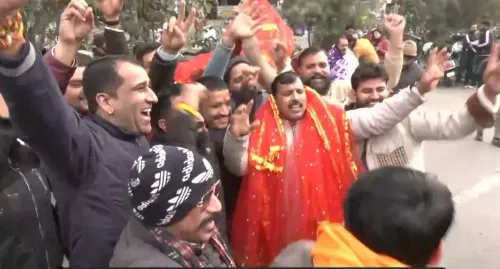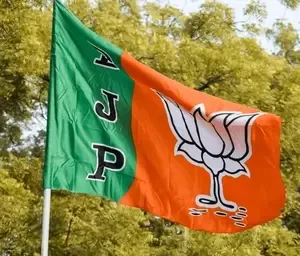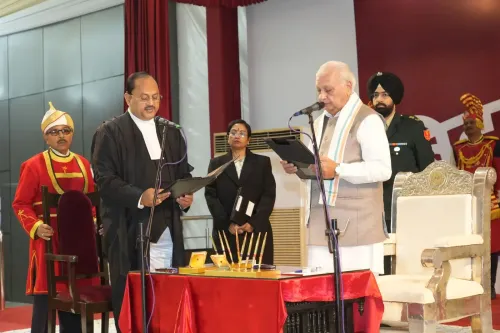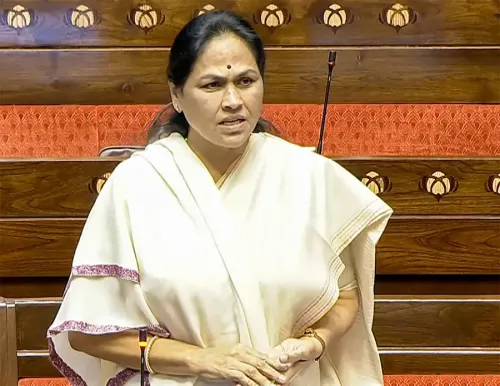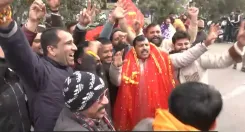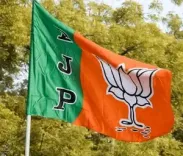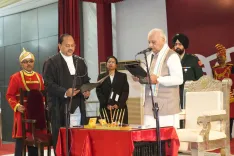How Has the Modi Government Changed India's Approach to Terrorism?
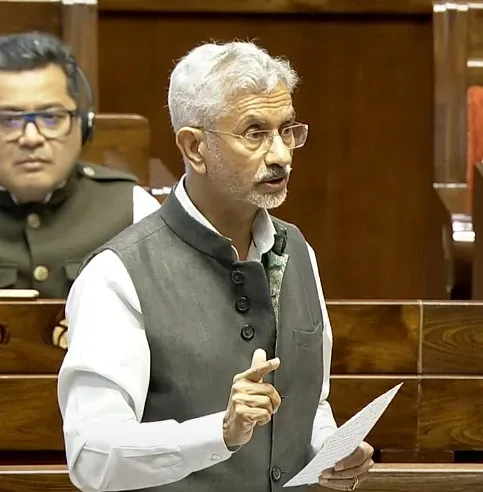
Synopsis
Key Takeaways
- Shift in Strategy: India's counter-terrorism approach has evolved significantly over the last decade.
- Proactive Measures: The Modi government has implemented surgical strikes and airstrikes against terrorist threats.
- International Advocacy: India has successfully positioned terrorism on the global agenda through diplomatic channels.
- UN Designations: Key terrorists have been designated under UN sanctions, showcasing India's commitment.
- Global Recognition: International statements now explicitly condemn terrorism, reflecting India's efforts.
New Delhi, July 30 (NationPress) External Affairs Minister S. Jaishankar on Wednesday compared the counter-terrorism strategies of the Modi government with those of the former UPA administration, emphasizing that the past decade has seen a significant transformation in India's approach to terrorism.
During the Operation Sindoor debate in the Rajya Sabha, Jaishankar pointed to India's proactive measures against terrorist threats, such as the Uri surgical strikes, Balakot airstrikes, and the recent Operation Sindoor, as indicators of this shift.
The EAM recalled the major terrorist attacks that occurred under the UPA government, noting, "In the decade prior to Modi's leadership, significant attacks included the 2006 Mumbai train bombings that claimed 186 lives; in 2007, 44 fatalities in Hyderabad; the 2008 Mumbai 26/11 attack; and numerous others in cities like Jaipur, Ahmedabad, and Delhi. I remind the House how the world observed India's reaction during that period."
He criticized the previous government's handling of the 2006 Mumbai attacks, arguing that India limited its response to dialogue and condemnation rather than holding Pakistan accountable.
"Even post-26/11, India maintained that terrorism posed a threat to both India and Pakistan. That was the prevailing mindset," he stated.
EAM Jaishankar highlighted the strategic transformation under Modi's administration, asserting, "In the last decade, we have successfully positioned terrorism at the forefront of the global agenda -- within forums like BRICS, SCO, QUAD, and through bilateral discussions. The international community now engages in conversations about terrorism largely due to India's persistent advocacy."
He underscored diplomatic achievements during Modi's tenure, such as the designation of notorious terrorists like Masood Azhar and Abdul Rehman Makki under UN sanctions.
"While serving on the UN Security Council, we convened a counter-terrorism meeting at the site of the 26/11 attacks -- the Taj Hotel in Mumbai. This event conveyed a powerful global message regarding India's determination," he remarked.
The EAM also pointed out India's success in repatriating key terror suspects, including Tahawwur Hussain Rana, who is wanted for his involvement in the 26/11 attacks.
"He has finally been brought back to India under the Modi government's leadership," Jaishankar affirmed.
He also mentioned India's pivotal role in securing the UN designation for The Resistance Front (TRF) as a terrorist entity.
"The UN's monitoring team presented a report that, for the first time, identified TRF and acknowledged its connections to Lashkar-e-Taiba. We achieved a UN recognition of TRF as a proxy for LeT, responsible for the Pahalgam attack," he stated.
Highlighting international backing, Jaishankar pointed out that the recent BRICS joint statement explicitly condemned the Pahalgam terror attack and cross-border terrorism.
"This marks the first occasion we received an explicit reference to a specific terrorist incident," he concluded.


